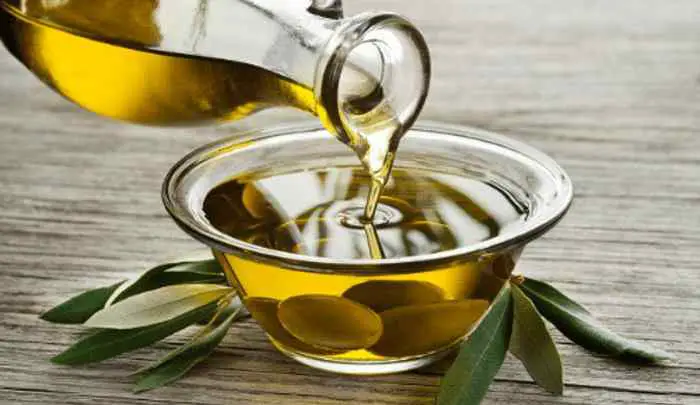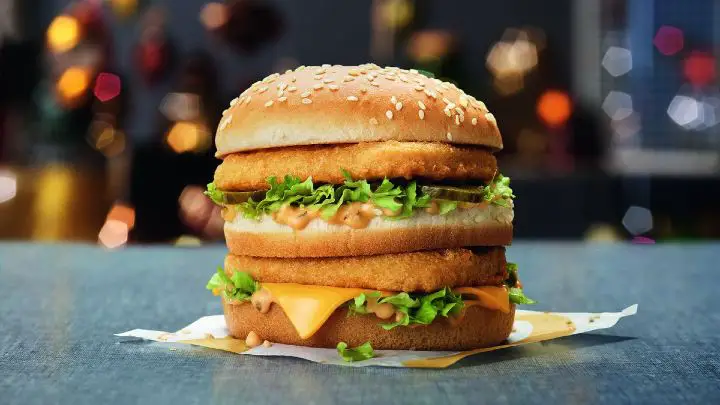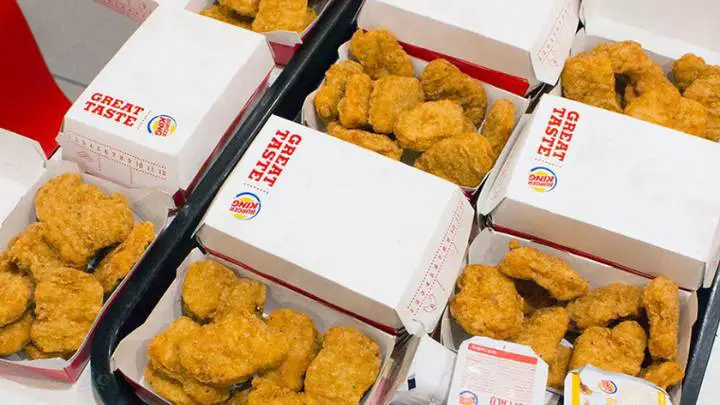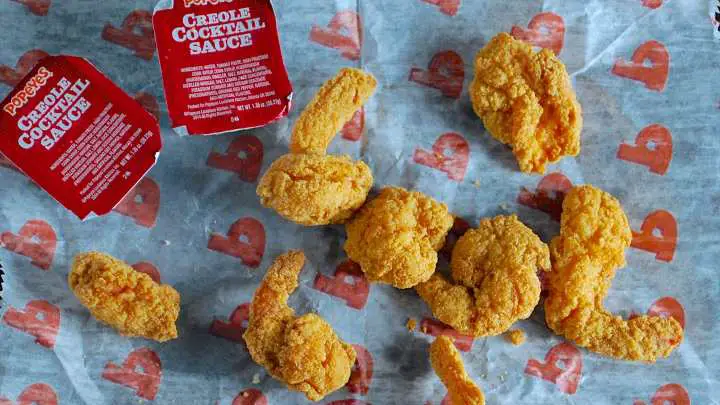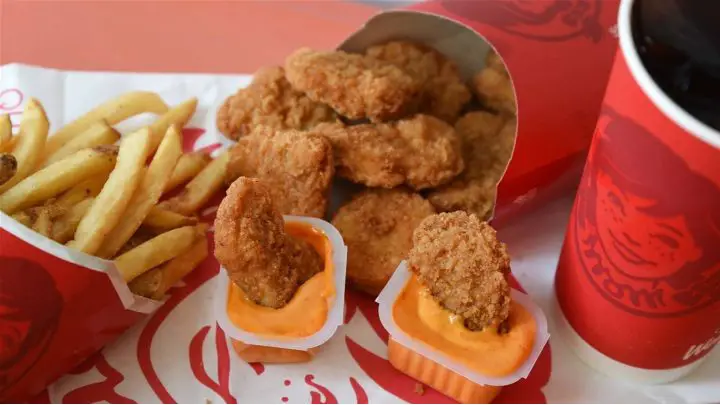Oil can be extremely helpful in the kitchen. However, do you ever wonder if oil evaporates? Well, you’ll be surprised to learn that oil does evaporate. It just doesn’t happen as fast or as you think it should.
But this is not the case for all as some oils have higher resistance to evaporation than others. Oils such as vegetable oil, olive oil, and even peanut oil will all remain on kitchen surfaces for up to a year. Because they don’t have the high ability to evaporate like others.
So what kind of oil evaporates? What makes them evaporate? Is there a way to stop them from evaporating? In this article, I will answer all these and many other questions.
Therefore, please read to learn more about the evaporation of oils.
What Types of Oil are Available?
Fixed Oils
Fixed oils are oils that have been extracted from plants and/or animals and are not subject to changes in temperature and pressure. They are usually extracted using a solvent like hexane, heptane, or butane. Fixed oils can be vegetable (soybean) or animal-based such as lard, tallow, butter, and milk fat.
There are several types of fixed oil that can be purchased at your local grocery store. Some of these include:
Canola Oil – Canola oil is a seed that has been pressed to create a high-quality oil that is used for frying and baking. It has a neutral taste and is free from any type of bitterness or off-flavors that may be present in other vegetable oils. This makes it ideal for use in recipes like french fries or salad dressing.
Vegetable Oil – Vegetable oils come from seeds soybean and sunflower seeds. They are commonly used in cooking because they provide a smooth texture without adding any flavor to your food.
These oils may have an intense flavor depending on what type of seed was used to create them but most do not have strong smells or tastes associated with them.
SEE: Does Canola Oil Go Bad – Read This to Find Out
Volatile Oils
Volatile oils are a type of organic chemical compound extracted from plant tissue and cannot saponify. They are composed of carbon, hydrogen, and oxygen and can be liquid or solid at temperatures above room temperature. Volatile oils include essential oils and perfume oils.
Essential oils – are extracted from plants and flowers for their healing properties. For example, lavender oil can be used to help treat insomnia, while cinnamon oil can help calm your stomach after a meal. These oils are volatile because they evaporate easily when exposed to air.
Perfume oils – are also volatile compounds that contain volatile ingredients such as alcohols, esters, and terpenes (flavors). They may also contain other non-volatile ingredients such as synthetic fragrances or colorants.
Volatile oils can be used to help with healing practices and in aromatherapy to enhance the smell of a room or to help with sleep. These oils are very beneficial for those who have chronic pain or other issues. In fact, there are many herbs that contain volatile oils that can help with pain and inflammation.
SEE: Easiest Ways to Reuse Your Grocery Jars
What Kind of Oils Evaporates More?
Volatile oils are oils that evaporate easily. They’re also known as volatile terpenes because they’re derived from terpenes. This means that volatile oils are produced by certain plants and trees, and for the most part, they’re found in essential oils.
Volatile oils are most often extracted from the leaves and stems of flowers or other plants through steam distillation. They can also be extracted through expression-based extraction methods.
SEE: Is Olive Oil Gluten-Free?
What Makes Oil Evaporate?
Temperature is the most influencing factor responsible for oil evaporation. Just like the heat of the sun lifts water molecules out of a container of water and into the air, room temperature can also make volatile oils evaporate.
However, since they are only often subjected to room temperature, they evaporate slower than water. As a result, we can conclude that they have a higher boiling point and lower vapor pressure. Therefore, if subjected to rising temperatures, then the evaporation rate increases linearly.
Does Water Everporates Faster Than Oil?
The answer to the question “Does water evaporates faster than oil?” is yes. Water does indeed evaporate faster than oil, and this phenomenon is known as secondary evaporation.
The reason for this is that it is much easier to break apart the intermolecular forces that exist between different water molecules as opposed to different oil molecules.
As an example, if you were able to keep a jar of salt water in your garage for 4 years before it leaked out through your ceiling or floorboards, then it could take the same volume of a volatile oil over 10 years to evaporate.
SEE: Does Distilled Water Ever Go Bad – What Most People Don’t Know
How Long Does Oil Take to Evaporate?
Volatile oils evaporate more quickly than fixed or non-volatile oils. And can take a few days or weeks for a volatile oil to evaporate out of its container depending on the volume and level of temperature of the environment.
This is due to the fact that volatile oils have many hydroxyl groups in their molecules, which are capable of abstracting water from the air. Non-volatile oils do not have this ability and therefore take longer to evaporate.
SEE: How Long You Can Keep Your Foods Safe And Fresh
How Do You Stop Your Oil From Evaporating?
If you want to stop volatile oil from evaporating, you need to remove the heat source. This is the easiest way to achieve this and it’s also effective. Why? Because oil can not evaporate where there’s an absence of heat.
The best way to do this is by using a thermometer. A thermometer will tell you exactly how much heat your oil contains. Once you know that, it’s easy to calculate how much heat needs to be removed before the oil will become stable once again.
SEE: How to Use a Food Thermometer to Avoid Undone Meal
Once your oil has reached that point, there’s no need for it anymore because it will no longer evaporate or burn off into the air. You can then store your oil in a cool place where there’s no direct sunlight or heat source so that it won’t go bad any time soon.
If the method above seems too technical for you, ensure you don’t leave your oil open for a long time. Volatile oils like essential oil evaporate when you expose them directly to room temptation by leaving their container open.
SEE: Foods You Can Freeze
Does Oil Evaporate When Frying?
The answer is yes, cooking oil does evaporate when you fry. The reason why is that once the oil is heated above its smoke point, it will start to evaporate out of the pan. This happens because the oil starts to turn into a vapor as it is heated and expands as it cools.
The first thing to understand about cooking oil is that it is a mixture of saturated and unsaturated fats. The type of fat determines how oil will behave when heated.
For example, vegetable oils such as canola and corn contain predominantly unsaturated fats which means they are more likely to burn at high temperatures than oils containing more saturated fats such as peanut oil or lard.
SEE: Is Olive Oil Flammable?
FAQs
Does coconut oil evaporate in the sun?
Coconut oil does not evaporate. However, if you heat it enough it will break down.
At what temperature does oil evaporate?
The exact temperatures depend on how pure the oil is. Nevertheless, a fair estimate for soybean oil (which is the most common) is about 300 C (or 572 F).
Why does oil take so long to evaporate?
Oil evaporates very slowly because oil molecules are not easy to break apart unlike water molecules. Also, most oils are less dense than water.
Can oil spoil?
While oil tends to last longer than its best before dates, oil can spoil or go bad.
Conclusion: Can Oil Evaporate?
Oils evaporate in a matter of time. If you leave them on the stove for too long, they can burn. This is true for any fat or oil, not just cooking oils. But it’s also true that essential oils are volatile. That means that they evaporate easily and quickly, which is why essential oils are so valuable in aromatherapy treatments.
In simple terms, when you expose oil to a certain level of heat, the chemical bonds in the oil and other ingredients break down over time. This breakdown allows the molecules of the original liquid to escape into the air as a vapor.
While this cannot be avoided for cooking oils if cooking or frying, you can make sure you cover your oil container when you’re not using it. For volatile oil, if they are not covered even at room temperature they will evaporate with time but slowly.
I hope you found this article helpful. You should also check out the Cheffist Food Preservation category. There are plenty of easy yet effective methods to preserve your foods and avoid spoilage.
Thank you for reading.
